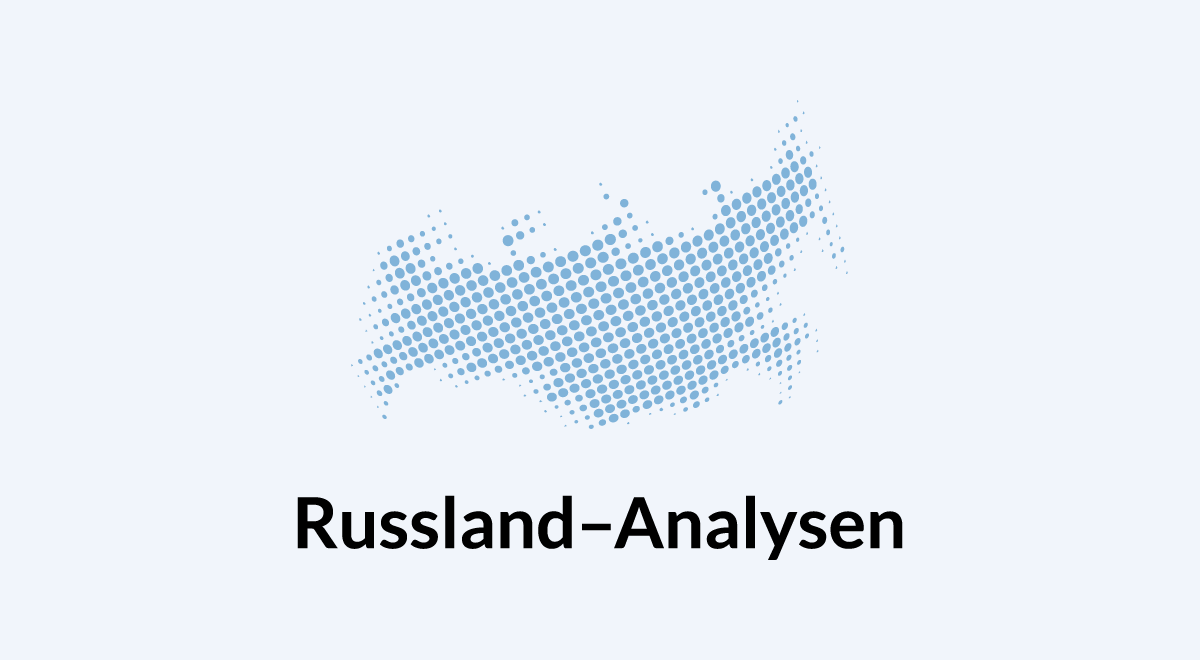![]() Artikel
Artikel Von Nadja Douglas
ZOiS Report 6/2020 State-society relations in Belarus have been tense for many years. The presidential elections in August 2020 and the mishandling of the ongoing Covid-19 pandemic have proved to be the catalyst that brought these fragile relations to a complete breakdown. Over the years, the widening gap between a new generation of an emancipated citizenry and a regime stuck in predominantly paternalistic power structures and reluctant to engage in political and economic reforms has become increasingly evident. The deteriorating economy during the last decade and the perceived decline of the country’s social welfare system have been important factors in these developments. At the same time, the regime has continued to invest in its domestic security structures to a disproportionate extent compared with neighbouring states, allowing the so-called silovye struktury (“state power structures”) to gain influence at the highest level of state governance. (…)
Zum Artikel auf zois-berlin.de  Analyse
Analyse Von Hans-Henning Schröder
Zwischen Putin und Medwedew scheint es einen öffentlich nicht erklärten Wettlauf um die Kandidatur für das Präsidentenamt zu geben. Beide lassen erkennen, dass sie das Amt anstreben, zwischen beiden scheint es in einigen Politikfeldern Meinungsunterschiede zu geben. Die Situation ist unklar. Zugleich herrscht in der Gesellschaft große Verunsicherung. In der Bevölkerung wächst die Verdrossenheit über die soziale Situation und die politischen Verhältnisse. (…)
Zum Artikel